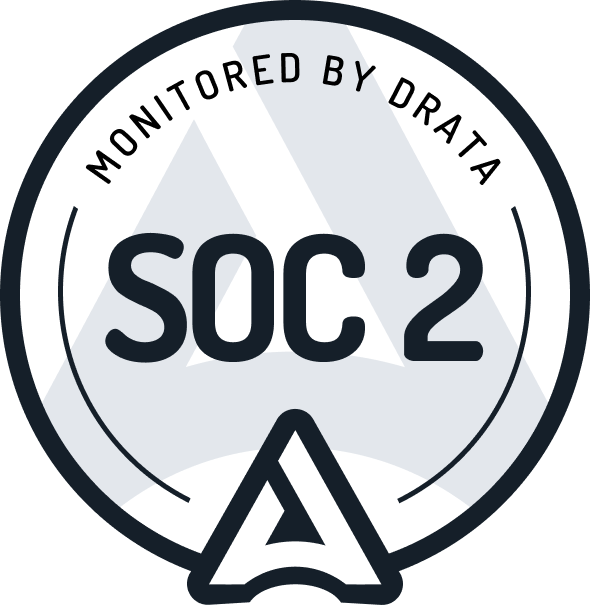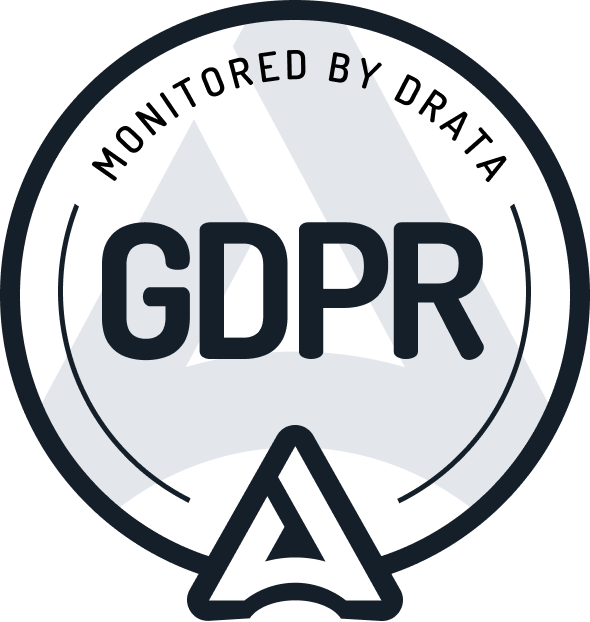.png)
What is a Developer Advocate & why are they Essential for DevTools?
Get notified when customers mention you online - with Crowdlens
Intro
Companies building products for developers often consider “Developer Advocates” as part of their key hires. Developer Advocates are essential to help drive product adoption and stay close to the end user. They are individuals that need a wide set of skills and personality traits to be successful and great Developer Advocates are not easy to come by.
Unsurprisingly they are, therefore, in high demand. Yet the role came into existence only a few years ago and is still unclear for many.
In this blog we will go over what Developer Advocates are, their main responsibilities, what makes them essential for most DevTools, the difference between them and other DevRel and community roles, and how to find them.
Let’s dive in.
What are Developer Advocates?
Developer Advocates are a middle-man between developers and a business building a certain tool for them. They are there to enable developers to use the tools effectively and reach their goals.
This means on the one hand Developer Advocates are there to educate, inform, and support developers along their user journey. On the other hand, they are responsible for bringing back all the learnings to the business so it can apply these.
Nowadays, It is the norm that DevTools are rapidly changing and businesses have an aggressive roadmap to add new features or change functionalities. On top of that even frameworks and languages evolve over time. These changes are of course the basis of innovation and (usually) occur to make things better. However, they also mean that developers are constantly needing to learn and adapt. The Developer Advocate role is therefore another resource developers can tap into to make their lives easier and receive mentorship, beyond product docs and support pages.
Here is for example a description of Developer Advocates from Google Cloud:
“Cloud Developer Advocates drive customer success by reaching the hearts & minds of developers through inspiring & educating them about Google Cloud.”
What are the main responsibilities and tasks of Developer Advocates?
Enabling and empowering developers can be done in a lot of different ways. It always depends on the needs of the developer community and existing competencies in teams. However, the main buckets of work are usually:
- Community Engagement and Building
- Product Promotion
- Content Creation
Within these buckets, some of the most common tasks include:
- Writing informative content for the company (e.g., blog posts, how-to guides, social posts, newsletters, and documentation)
- Spending time and talking with developers to teach and explain (e.g., hosting office hours, 1:1 calls, and workshops)
- Starting or responding to conversations across community channels (e.g., on Discord, GitHub, Slack, and Twitter)
- Recording product walk-throughs and how-to videos
- Identifying relevant events, speaking, and networking at them
- Identifying and working with other relevant DevTool companies
- Synthesizing and reporting all learnings back to the business (e.g., reporting to leadership, Community/DevRel Teams, Go-To-Market Teams, and Customer Success Teams)
Looking at this wide range of responsibilities and tasks great Developer Advocates are a rare breed. In the end, they need to be a blend of:
- Developer: they need to be developers themselves and become experts in understanding and using the technical tools they represent.
- Writer: they need to be able to write concise, informative, and compelling texts including technical docs, community outreaches, social posts, and blogs.
- Sales-person: they need to be open, communicative, and persuasive to encourage developers to try out, feedback, and then buy the tools. In the end, they are part of the Go-To-Market strategy of the business and need to have a commercial mindset while staying authentic in their interactions.
- Educator/Mentor: they need to have the ability to teach and be very patient with their audience no matter the level.
Why are Developer Advocates important to have?
Developers are often the decision-makers and gatekeepers to company budgets for software purchases. A big decision-making criteria for them will inevitably include the level of support they have and other members of their organization will receive when using a certain tool. Having access to Developer Advocates will help create and solidify that feeling of support.
Beyond the final purchase decision, Developer Advocates will often be the ones that initially bring a certain tool into awareness due to their community outreach and content distribution. Developers tend to react much better to authentic and informative content being created by someone like a developer advocate than being targeted by ads or cold call/message sales outreaches.
As mentioned previously, Developer Advocates are also responsible for providing feedback to the business. Staying close to the end user will allow for better product decisions and ensure that the tools are changing and evolving based on developer needs.
How are they different from other DevRel roles like Developer Evangelists and Community Managers?
Next to the Developer Advocate role, you might have heard of Developer Evangelists or Developer Community Managers that do similar things. Yes, there is inevitably some overlap, however also key differences between the roles.
Let’s start with the difference between a Developer Evangelist and a Developer Advocate.
We’ve established that advocates are there to empower, support, and educate developers while bringing back essential learnings to the business. Their role includes a lot of two-way conversations tailored to the specific needs and concerns of the developers at any time.
Evangelists are also there to inform about a product, however, it's much more about the outbound communication. If you think about the word “evangelist” it literally means “to preach to the gospel”. Evangelists mostly spend their time talking about the benefits and pros of a product, the promotion/sales bucket of work, then educating and supporting users with their specific needs or feedback to the company.
In some organizations, Developer Advocates and evangelists sit on the same team, namely the DevRel (Developer Relations) team. However, often it is also the case that evangelists are part of the growth or marketing team and advocates are in DevRel.
Now, moving on to the difference between Developer Advocates and Developer Community Managers.
While Developer Advocates help grow, foster, and support community members as part of their role, they are not responsible for all community activities. Advocates come in and support the community team for specific needs, while community managers are responsible for a much wider range.
Community managers engage in all aspects of community including building, growing, managing, and monitoring.
How do you find a Developer Advocate?
As mentioned, great Developer Advocates are not easy to come by. They need to be experts in a developer tool niche and possess both mentoring and sales qualities.
One of the best ways to find an advocate is through your existing developer community. Your most engaged and influential members are often excellent candidates for advocates and you can try to win them over.
You can look for community members that don’t only speak positively and engage with you regarding your product but also help others in the community proactively. This behavior is a good indicator that they truly enjoy helping others and believe and know your product well enough to offer others advice.
You can make the process of identifying advocate potentials easier by using community software like crowd.dev. With crowd.dev you can filter for high-reach individuals with a large social following, as well as those with high-engagement scores and positive sentiment (we’ve written a how-to guide here).
To try and convince these members to join your business, you should build up a relationship over time and connect with them as much as possible. Remember to assess not only their technical skills but the way they interact with others.
Conclusion
With new developer tools popping up all the time the landscape is getting extremely competitive. Investing in finding and getting the right advocates on board can truly help set your product and level of service apart from others.
Fostering developer communities is an excellent way to spot Developer Advocates, who in turn will help make your community and product even stronger.
Get insights to your inbox.
Once per month. No spam.


.png)





